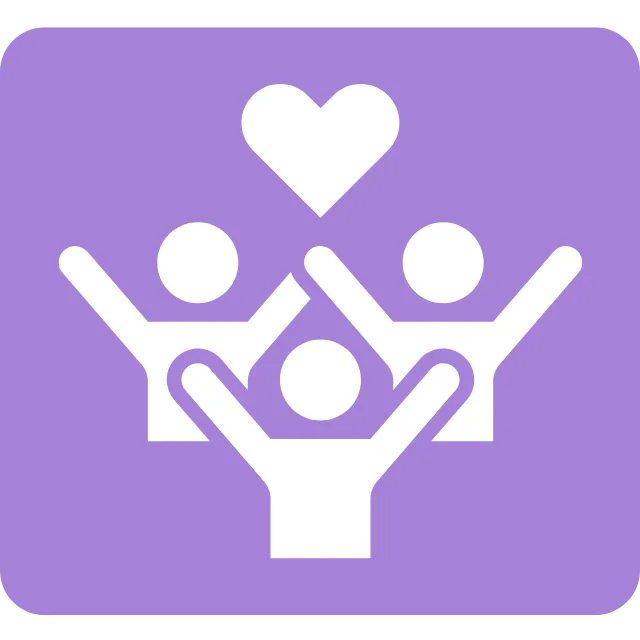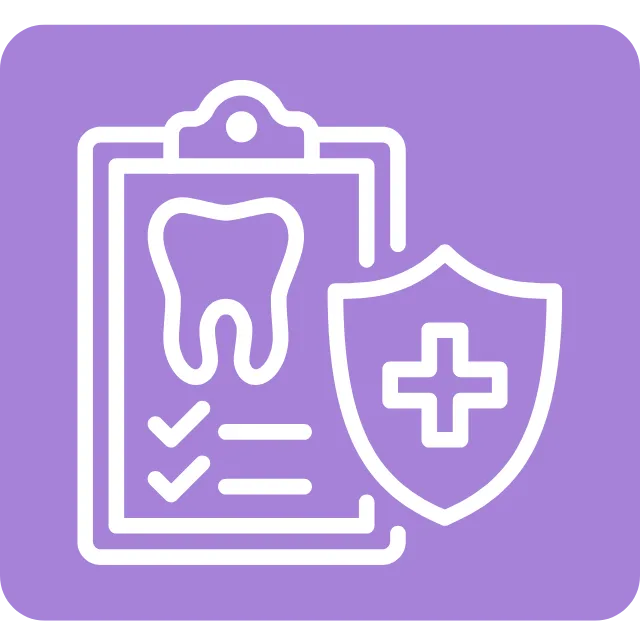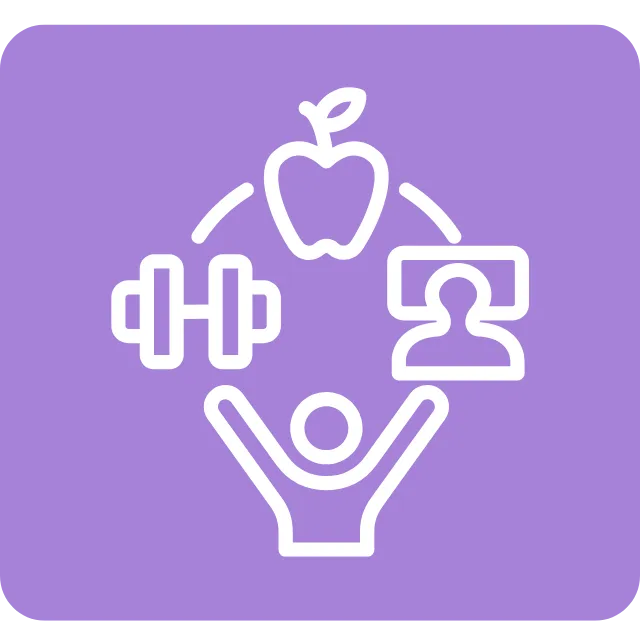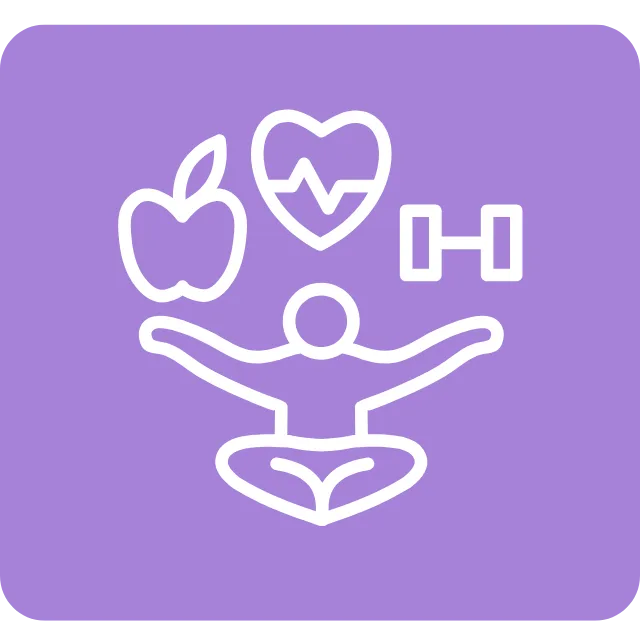
Health and Nutrition Program
Healthy Bodies, Brighter Minds: The Connection Between Health and Education
Introduction
At Born to Be Wealthy Foundation, we understand that education and health go hand in hand. A child who is hungry, malnourished, or struggling with illness is far less likely to succeed in school. That’s why our Health and Nutrition Program is so critical to the academic success of underserved children. This program not only provides children with nutritious meals and healthcare but also educates them on healthy habits, ensuring they are equipped to excel both in the classroom and beyond.
Good health is foundational to learning. Children who are physically healthy are better able to concentrate, engage in their studies, and participate in school activities. Unfortunately, for many children in underserved communities, access to nutritious food and healthcare is limited, creating barriers to success. In this blog post, we will explore the powerful connection between health and education, and how our Health and Nutrition Program helps children achieve their full potential.
The Link Between Physical Health and Academic Performance
Physical health plays a critical role in a child’s ability to succeed in school. Proper nutrition, regular exercise, and adequate rest all contribute to a child’s cognitive abilities, memory, concentration, and emotional well-being. When children are well-nourished, they are better able to focus in class, retain information, and perform academically.
Conversely, children who are not properly nourished often struggle in school. Malnutrition can lead to poor cognitive function, low energy, and difficulty concentrating. Children who are hungry may experience irritability, anxiety, and fatigue, which can interfere with their ability to participate in school activities or complete assignments. By providing children with nutritious meals, the Health and Nutrition Program helps eliminate these barriers to success and sets them on a path to achievement.
The Challenges of Poor Health in Education
Poor health is one of the leading causes of school absenteeism. Children who suffer from malnutrition, chronic illnesses, or untreated medical conditions are more likely to miss school, which in turn affects their academic progress. These children may fall behind in their studies, leading to frustration and a lack of confidence.
Additionally, children who lack proper healthcare may experience recurring health problems, such as untreated dental issues, asthma, or infections, which can further hinder their ability to attend school and engage in learning. The Health and Nutrition Program addresses these issues by providing children with access to regular check-ups, treatment, and preventative care, ensuring that health problems do not interfere with their education.
The Goals of the Health and Nutrition Program
The Health and Nutrition Program is designed to provide children with the resources they need to maintain good health and succeed in school. The program’s primary goals are:
Providing Nutritious Meals: The program ensures that children have access to healthy, well-balanced meals that fuel their bodies and minds.
Offering Medical Care: The program provides regular health check-ups, immunizations, and treatments for common illnesses to keep children healthy and in school.
Educating About Healthy Habits: In addition to providing food and healthcare, the program teaches children and their families about nutrition, hygiene, and the importance of exercise and sleep.
How the Health and Nutrition Program Works
The Health and Nutrition Program operates by providing comprehensive support to children in need. Here’s how it works:
Identifying Children in Need: The program works with schools, community organizations, and healthcare providers to identify children who need medical care or nutritious meals.
Providing Nutritious Meals: The program provides regular meals to children, ensuring they have the energy and nutrition needed for academic success and physical well-being.
Offering Medical Screenings and Care: Children receive medical check-ups, immunizations, and treatments for common illnesses, helping them stay healthy and focused on their education.
Nutrition Education: The program offers education on healthy eating, proper hygiene, and the importance of physical activity, empowering children and families to make informed decisions about their health.
The Impact of Good Nutrition on Cognitive Function
Nutrition plays a direct role in cognitive development. A balanced diet that includes essential nutrients, such as vitamins, minerals, and proteins, supports brain health and function. When children receive proper nutrition, they are better able to focus, remember information, and think critically in the classroom.
The Health and Nutrition Program ensures that children receive nutritious meals that promote optimal brain function, helping them succeed in school and reach their full potential.
The Importance of Physical Activity for Academic Success
Physical activity is another key component of the Health and Nutrition Program. Regular exercise improves circulation, boosts energy levels, and enhances cognitive performance. Studies have shown that physical activity increases brain function, memory retention, and concentration, all of which are essential for success in school.
By encouraging physical activity and providing opportunities for children to engage in sports, fitness activities, and outdoor play, the program helps children develop healthy habits that support both physical and academic success.
Mental Health and Education: The Critical Connection
Children’s mental health is deeply connected to their physical health. When children are physically healthy, they are more likely to experience positive mental health, which in turn contributes to better academic performance and emotional well-being. The Health and Nutrition Program supports both physical and mental health by providing access to healthcare, regular meals, and a focus on overall wellness.
Success Stories: How the Health and Nutrition Program is Changing Lives
The Health and Nutrition Program has already had a profound impact on many children’s lives. Here are a few success stories:
Story 1: Maria, a 9-year-old girl, struggled with low energy and poor academic performance due to malnutrition. After receiving regular meals from the program, Maria’s energy levels improved, and her grades skyrocketed. She is now an active participant in class and has made significant academic progress.
Story 2: Ethan, a 12-year-old boy, had frequent absences due to asthma and other untreated health issues. After receiving medical care through the program, Ethan’s health improved, and he was able to attend school regularly. His performance in class improved, and he became more engaged in extracurricular activities.
The Role of Donors and Volunteers in Supporting the Program
The Health and Nutrition Program is made possible by the generosity of donors and the support of volunteers. Donors provide the resources needed to supply nutritious meals, healthcare services, and educational materials, while volunteers assist with organizing events, distributing food, and providing medical care.
How You Can Get Involved
You can support the Health and Nutrition Program by:
Donating to provide meals, medical care, and resources to children in need.
Volunteering to help distribute food, mentor children, or assist with health screenings and education.
Spreading the Word to raise awareness about the importance of health and nutrition for academic success.
Conclusion
The Health and Nutrition Program is essential for children’s overall well-being and academic success. By ensuring that children have access to nutritious meals, healthcare, and wellness education, we are setting them up for a brighter future. Support this program today and help ensure that every child has the healthy body and mind they need to succeed in school and life.















































































